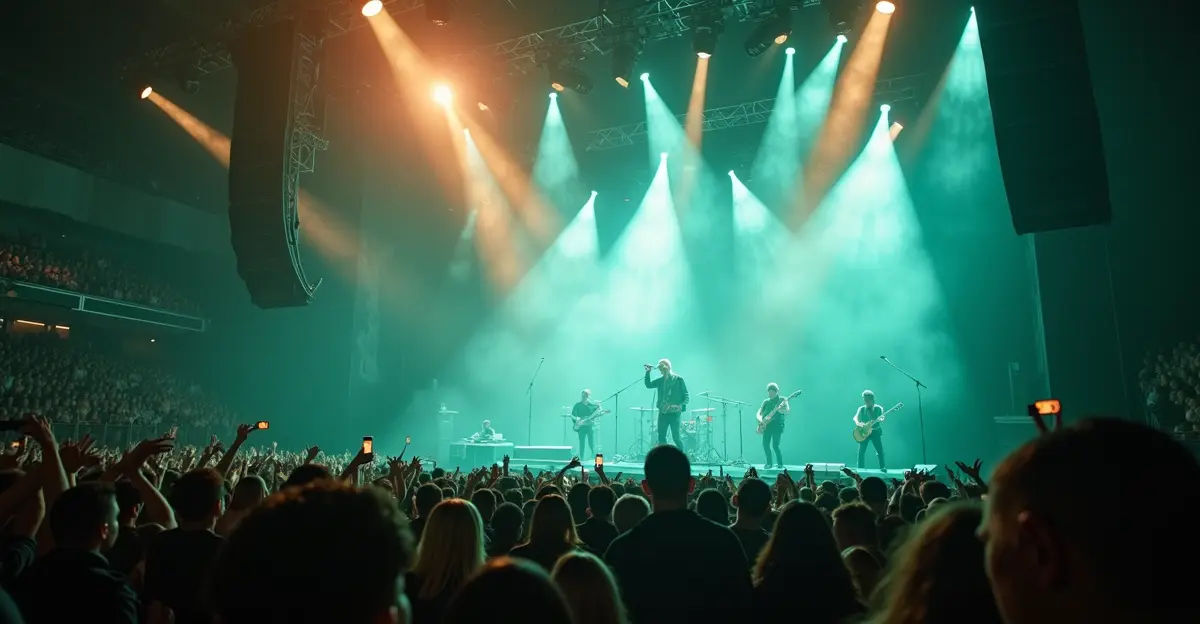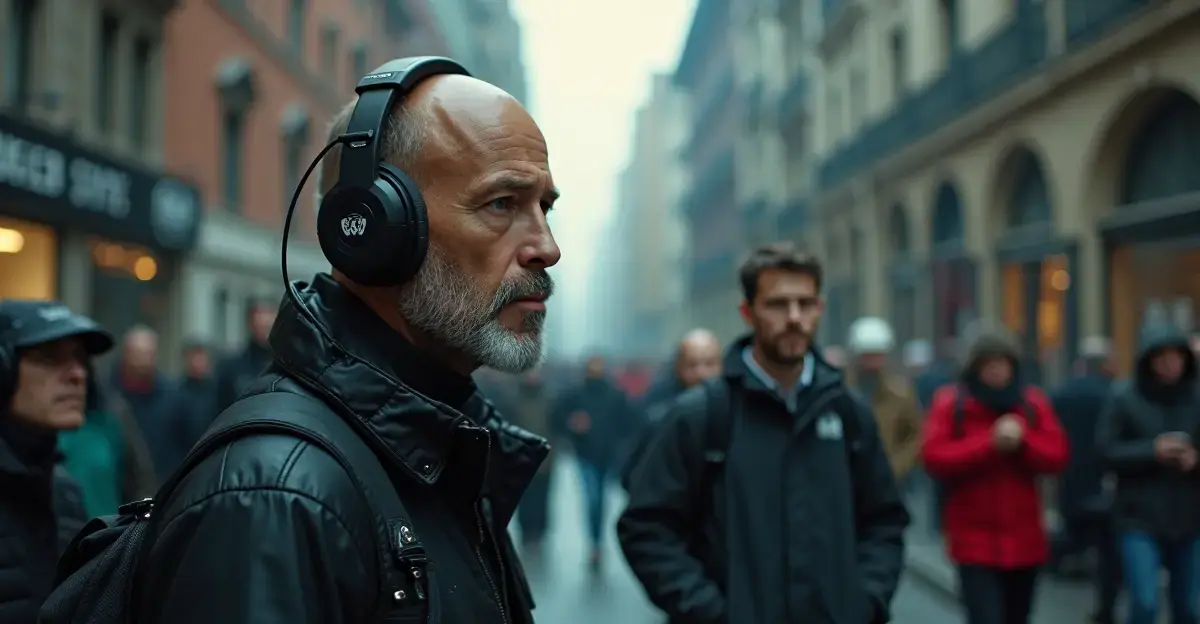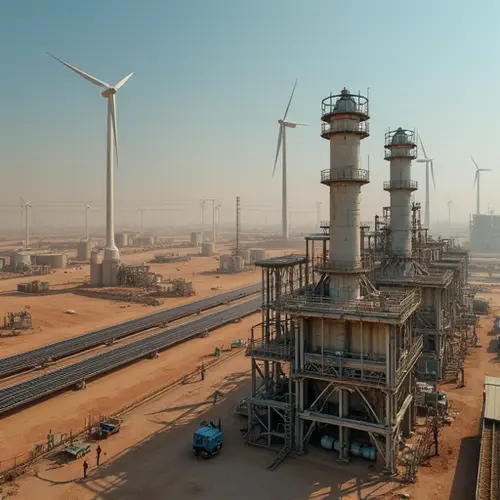Music Industry Embraces Sustainable Touring Revolution
In a groundbreaking shift for the global music industry, major concert promoters and artists are implementing comprehensive net zero protocols that dramatically reduce carbon emissions from touring operations. This movement represents the most significant environmental transformation in live entertainment history, with artists like Coldplay leading the charge toward sustainable performances.
Coldplay's Pioneering Approach
Coldplay's Music of the Spheres World Tour has become the blueprint for sustainable touring, achieving a remarkable 59% reduction in CO2 emissions compared to their previous tour. The band partnered with BMW to create the world's first mobile rechargeable show battery, powered entirely by renewable energy sources. 'We won't tour again until we can ensure our concerts are environmentally friendly,' frontman Chris Martin declared in 2019, setting the stage for this industry-wide transformation.
Innovative Technologies Driving Change
The sustainability revolution extends beyond just energy sources. Major festivals like Glastonbury now power entire stages using solar, wind, and battery storage systems, while innovative kinetic dance floors convert crowd movement into usable electricity. Energy Floors technology has been successfully implemented at festivals including Clockenflap and Bonnaroo, creating engaging fan experiences while generating clean power.
Logistics and Travel Optimization
Tour logistics have undergone radical redesign, with artists optimizing routes to minimize travel distances and switching to electric or biofuel vehicles. Metallica's recent European tour utilized a fleet powered by biomethane, vegetable oil, electricity, and hydrogen fuel cells that traveled 7,200 miles with minimal refueling stops. According to industry analysis, electric coaches produce only 28g CO₂/km compared to flights at 255g CO₂/km, making ground transportation a key emission reduction strategy.
Industry-Wide Commitment
The World Travel & Tourism Council has launched a comprehensive Net Zero Roadmap to guide the sector toward achieving net zero emissions by 2050. Live Nation, the world's largest live entertainment company, has integrated sustainability into its core operations, with sustainability director Lucy August-Perna noting that Coldplay's approach helped 'build on the framework we had been developing over the past five years.'
Fan Engagement and Market Response
Consumer demand is driving this transformation, with research showing that 73% of music fans prefer environmentally conscious artists. Two-thirds of concertgoers would switch to lesser-known acts that practice sustainability, creating significant market pressure for artists to adopt green practices. Organizations like REVERB, founded by Guster's Adam Gardner, work with major artists including Billie Eilish and Willie Nelson on clean energy projects and eliminating single-use plastics at festivals.
Measurable Impact and Future Outlook
The results are already substantial. Coldplay's initiatives have led to planting more than 9 million trees and diverting 66% of show waste from landfills. A recent scientific collaboration with Massive Attack demonstrated that battery-powered outdoor concerts can reduce energy-related greenhouse gas emissions by 98%. As industry experts note, these innovations are transforming concerts into planet-preserving powerhouses while maintaining the quality of live music experiences for thousands of fans worldwide.

 Deutsch
Deutsch
 English
English
 Español
Español
 Français
Français
 Nederlands
Nederlands
 Português
Português









